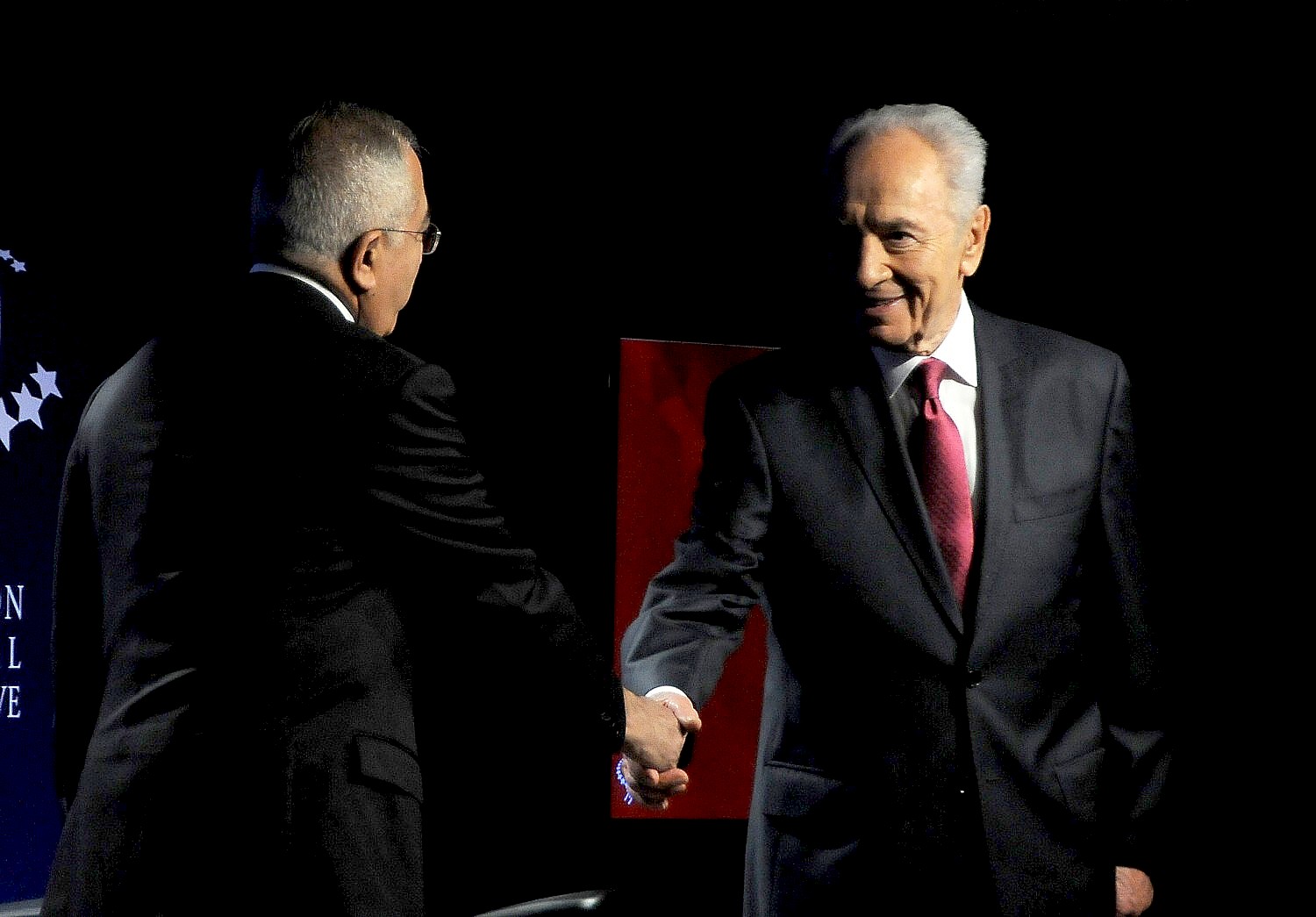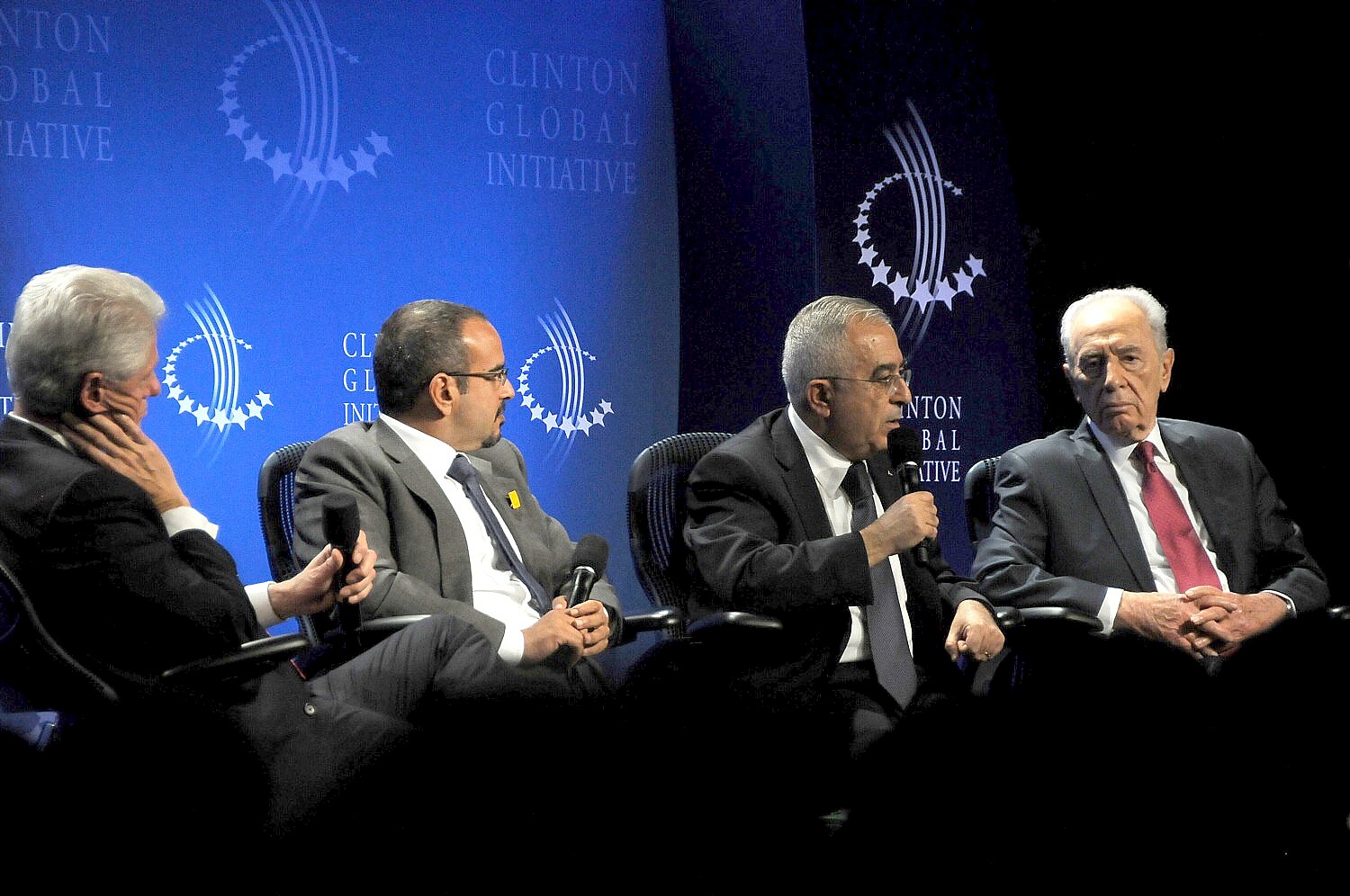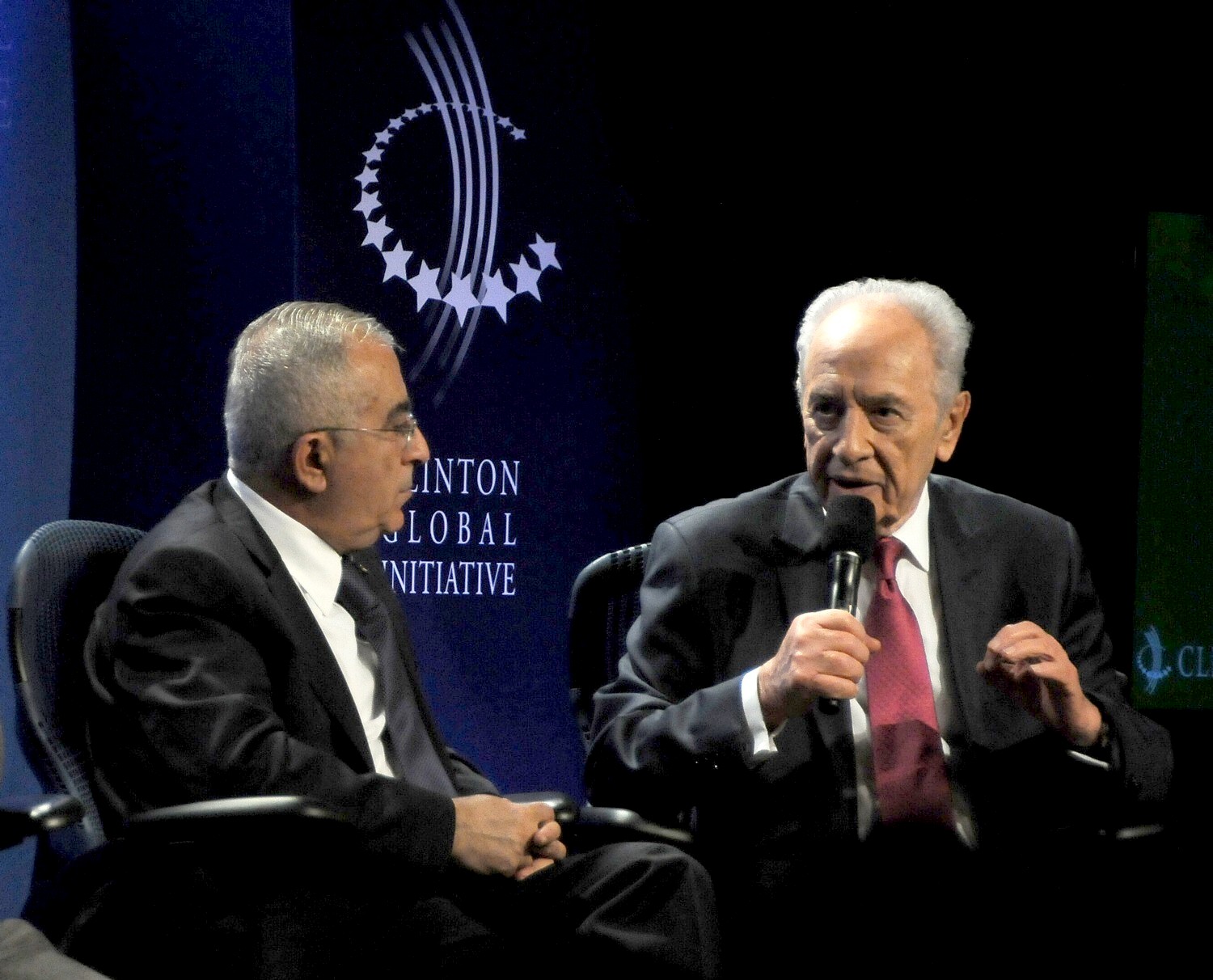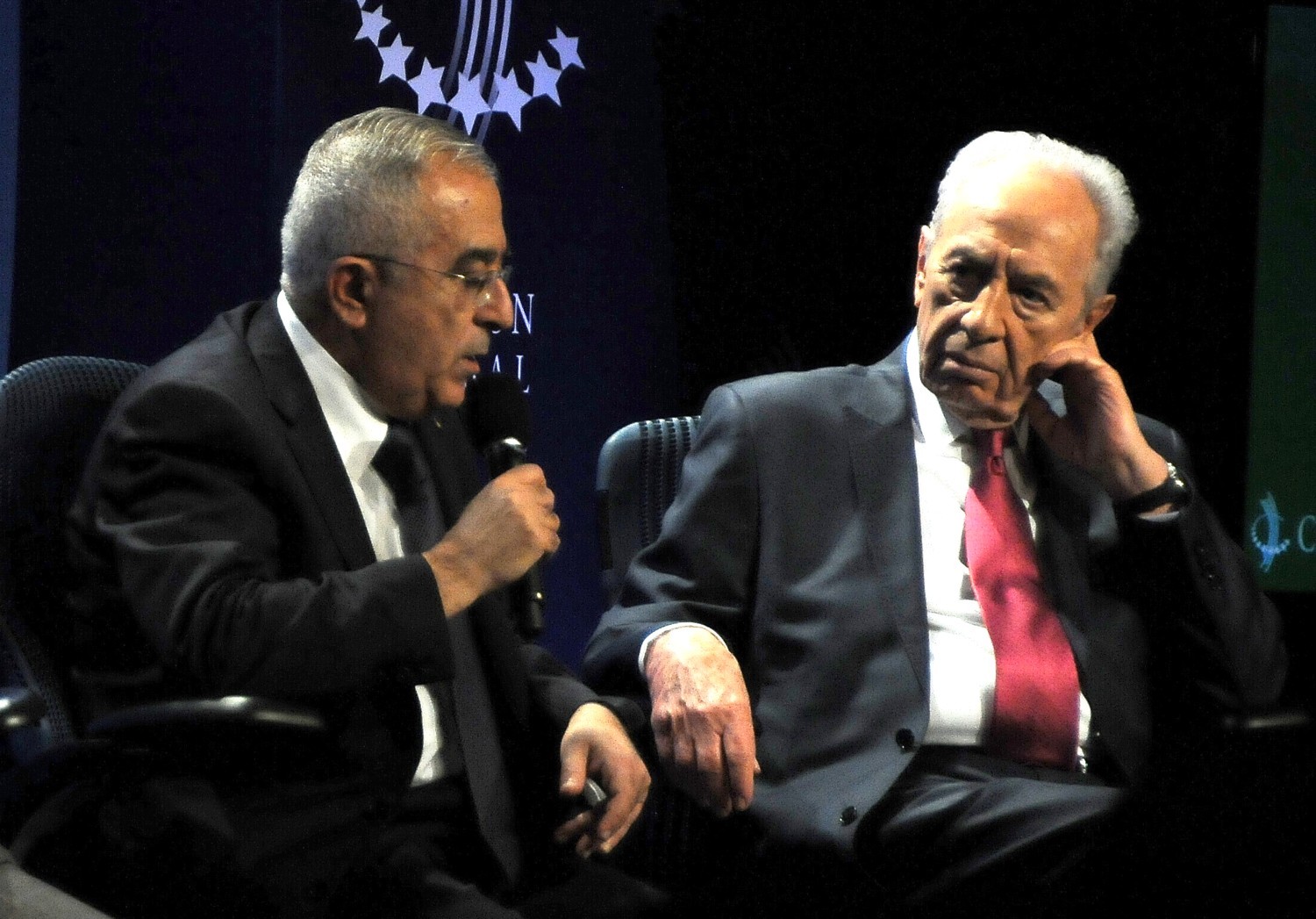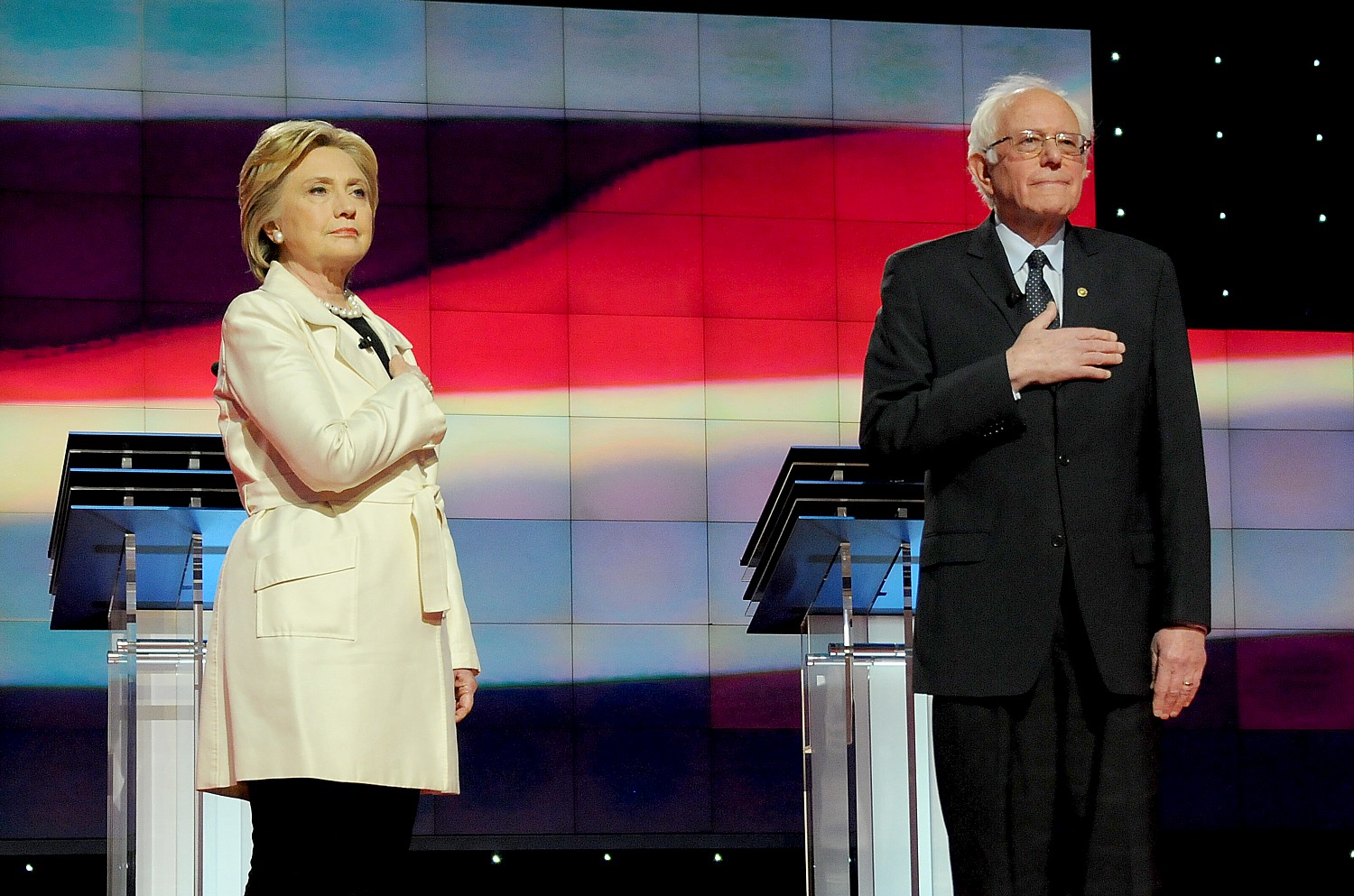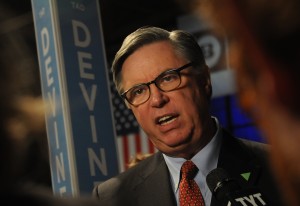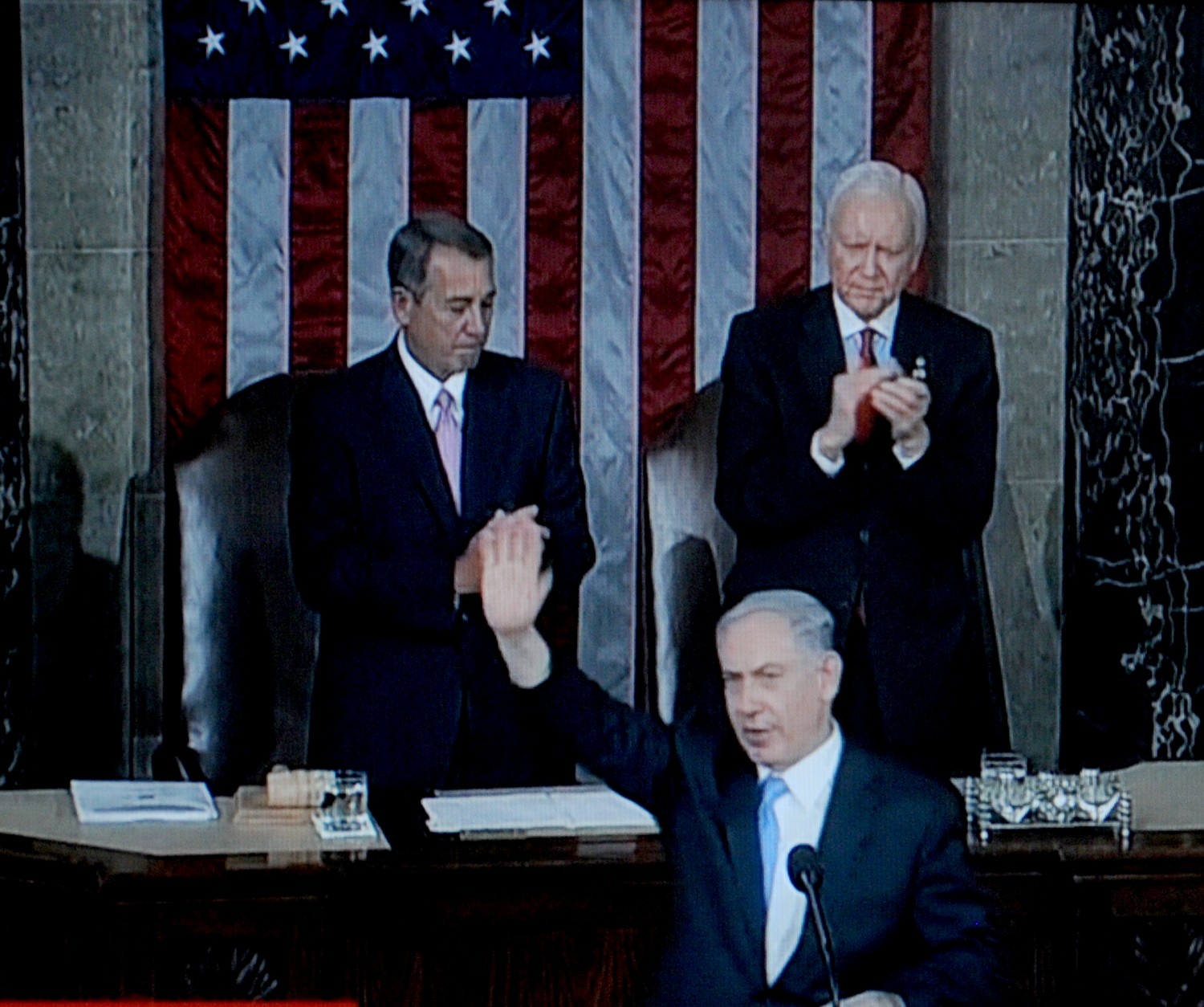
By Karen Rubin, News & Photo Features
There are those who will regard the US decision to abstain from the United Nations vote condemning Israeli settlement building as a betrayal. There have been many such resolutions in the UN Security Council and the US had consistently used its veto power to cause them to fail, including every single one during Obama’s eight years in office.
But this was different. And the rage being pointed at Obama is misplaced.
In essence, if you believe in a two-state solution as the only way toward Israel-Palestinian peace which preserves Israel as both democratic and a Jewish state, you would understand why the US took this course. If you believe, as Obama and 99.9% of the international community believes, that the two-state solution is the only viable path to peace for Israel with Palestinians and its Arab neighbors, you would understand why Obama took this extraordinary step.
The way I understand the resolution, it addresses future settlements and does not impose a final status or set borders – which the US would have vetoed. That means that the hysteria (not unlike the hysteria fomented with misinformation over the Iran nuclear agreement), that Jerusalem is “occupied territory” that would be returned, that the land the Hebrew University sits on would have to be returned, is unjustified. And if the resolution went this far, the US would have vetoed it.
But first consider the context:
One may wonder why, with the atrocities being committed by the Syrian Government, Russia and Iran, the United Nations takes up action against Israel, which happens to be a country that is helping to heal Syrian victims in its hospitals, instead of hold a war crimes tribunal of Assad and Putin.
Why now? I believe there were two provocations: the US Ambassador to the United Nations Samantha Powers had just delivered a scathing attack on the United Nations for failing to intervene in Syria and stop the vicious assault on civilians, on hospitals, on schools. (I believe Assad and Putin should be charged with war crimes for the atrocities they have committed.)
Second: Donald Trump stated that he would the US embassy from Tel Aviv to Jerusalem – a clear provocation – and named as his nominee for Ambassador to Israel , David Friedman, a man who is encouraging settlement building, who opposes the two-state solution, and who has likened liberal American Jews to “kapos” in the Nazi concentration camps.
Recall also that during his reelection campaign, Netanyahu made derogatory statements about Israeli Arabs and said (briefly, until he had to walk it back), that he was no longer interested in pursuing a two-state solution.
Netanyahu actually got on the phone with Donald Trump to get him to push the US to veto the resolution– which along with his extraordinary appearance in front of a joint session of Congress to lobby for the defeat of the Iran nuclear agreement, was an enormous snub to Obama and the US. Trump, delighted to be in the limelight, tweeted his foreign policy: “Things will change after Jan. 20th.”
Consider this context: Israel was actually making headway in tamping down the aggressive stance from its Arab neighbors. Israel , has an important role to play in the counter offensive to radical Islamic fundamentalists generally and ISIS in particular which is a threat to Israel’s Arab “neighborhood.” On a recent “60 Minutes,” Netanyahu was boasting about its biotech industry, its commercial deals with Arab countries.
Now, Netanyahu’s rage – lashing out at Obama and promising retribution against the nations that voted for the resolution – will undo the progress in tamping down hostility to Israel as the Arab world focused more on countering radical jihadism. Because for awhile, Israel was not solely seen in context of Israel-Palestinian conflict, but as a key player on the right side of a global conflict.
The White House got on the phone with journalists to give a fuller explanation beyond the headlines.
“This is consistent with longstanding bipartisan U.S. policy as it relates to settlements, as it relates to our opposition to Israeli settlements, as it relates to our opposition to, and condemnation of, incitement and violence and terrorism, and, above all, about our affirmative support for a two-state solution,” stated Ben Rhodes, deputy national security advisor for strategic communications.
“And one of our grave concerns is that the continued pace of settlement activity — which has accelerated in recent years, which has accelerated significantly since 2011, when we vetoed the U.N. Security Council resolution that condemns settlements — puts at risk the two-state solution, as does any continued incitement to violence. And we’ve been very concerned that these accelerating trends are putting the very viability of a two-state solution at risk. And in that context, we therefore thought that we could not in good conscience veto a resolution that expressed concerns about the very trends that are eroding the foundation for a two-state solution.
“We exhausted every effort to pursue a two-state solution through negotiations, through direct discussions, through proximity discussions, through confidence-building measures, through a lengthy and exhaustive effort undertaken by Secretary Kerry earlier in the President’s second term. We gave every effort that we could to supporting the parties coming to the table.”
Rhodes noted, however, that this resolution – versus countless ones before which the US vetoed – is more “balanced” in that it also condemns incitement, violence and terrorism against Israel, and does not impose final status, which the US would have vetoed.
As for the propaganda that Obama is anti-Israel or even anti-Semitic, these are the facts:
“President Obama has done more for Israel and its security than any previous U.S. President. We just recently signed with Israel the single largest U.S. military assistance package in history — $38 billion over the coming decade. That comes after an administration in which we provided lifesaving assistance for the Iron Dome Missile Defense System. We’ve achieved what Prime Minister Netanyahu himself has described as unprecedented security cooperation between our military and intelligence officials. We have repeatedly stood up for Israel in international fora in a variety of different ways, whether it was opposing efforts to address final status issues through the United Nations, or supporting greater Israeli integration into international fora.
“So I believe that despite what has at times been very strident Israeli government criticism of U.S. policies that President Obama has always made Israel and its security sacrosanct in his approach to these issues. In fact, we’ve always said that our pursuit of a two-state solution is guided in part by our belief that that is the only way to preserve and strengthen Israel’s security in the long run, and to achieve the goal that we share with the Israeli people of having a state of Israel that is both Jewish and democratic in nature.
“All of that said, with this criticism it seems like the Israeli government wants the conversation to be about anything other than the settlement activity. And the fact of the matter is, as you heard Samantha say, since 2009, the number of Israeli settlers in the West Bank has increased by more than 100,000 to nearly 400,000…
“So this is not simply a matter of construction within the so-called blocks, within what has long been considered the likely borders of a future — within a future peace agreement. We have acknowledged publicly that there will have to be an acknowledgement of the growth since the 1967 lines were established as a part of any future peace agreement. But in fact, what we’ve seen is much more accelerated settlement construction. And now the total settler population in the West Bank and East Jerusalem exceeds 590,000.
“Prime Minister Netanyahu recently described his own government as ‘more committed to settlements than any in Israel’s history.’ Those are his words. And we’re concerned about these trends. We were concerned after our election, when one of his leading coalition partners, Naftali Bennett, declared that ‘the era of the two-state solution is over.’
“So, for us, the question here has always been about what is the best way to pursue the security that the Israeli people deserve. And we cannot simply have a two-state solution be a slogan while the trend lines on the ground are such that a two-state solution is becoming less and less viable.
“I would add that we’ve repeatedly condemned incitement to violence by Palestinians. We’ve repeatedly condemned Palestinian terrorism. We have stood up for Israel’s right to defend itself against rocket fire from Gaza, even when we were one of the only countries in the world that was taking that position. So we’ve been willing time and again to support Israel in international fora, just as we’ve supported Israel’s right to defend itself, by itself, and just as we’ve ensured through our assistance that Israel will maintain its qualitative military edge for the enduring future.
“So, again, President Obama’s track record on Israel’s security is clear. Anybody can review it. But, in fact, I’d take umbrage at language that suggests that this was our preferred course of action and that we initiated it. The fact of the matter is, we’d been warning — President Obama and Secretary Kerry publicly and privately for years — that the trend line of settlement construction and settlement activity was just increasing Israel’s international isolation. This is not a new position for us; we’ve been saying that for many, many, many years. Secretary Kerry, as Frank can attest to, has had hundreds of conversations with Prime Minister Netanyahu. We’ve made precisely this point.”
Rhodes also explained why the US abstained, versus voted in favor:
“..the United Nations, we continue to believe, is a flawed venue for this issue in that it has frequently been used to single out Israel, often through completely over-the-top exercises, that — again, when it comes to final status issues, we believe that those should be negotiated between the parties.
“We would have vetoed any resolution that we thought sought to impose a solution that sought to impose a view on the final status issue…
“On the narrow question of the resolution that was put in front of us, we saw a resolution that in large part was consistent with U.S. policy…
“We also abstained because while there was balance, as I discussed, in that the resolution addressed and condemned violence and incitement of violence, we thought that that could have been more prominent in the resolution…it was not sufficiently elevating at length the issues that we care very deeply about. We’re pleased that that was included, but again, when you see horrifying knife attacks, when you see continued incitement to violence, you see continued anti-Israeli or anti-Semitic slogans and calls for violence from with the Palestinian Territories, that gravely concerns us. And that’s an enormous obstacle to peace, of course.
“So again, that explains that abstention, those two issues — the U.N. as a future venue for final status issues, given its history, and the emphasis in this resolution being more focused on Israeli activity than some of the concerning activities that are addressed in the resolution with respect to the Palestinians but I think could have been addressed at greater length…..
“Prime Minister Netanyahu had the opportunity to pursue policies that would have led to a different outcome today. Absent this acceleration of settlement activity, absent the type of rhetoric we’ve seen out of the current Israeli government, I think the United States likely would have taken a different view, because our preference is for there to be a credible peace process underway.
“So, again, it’s very important that this — the fact that this is happening towards the end of our eight years indicates that this is not our preferred course of action and that we’ve given years and years and years of opportunities to address issues related to the settlements or to address issues related to the peace process that, frankly, we believe could have been more productive. And, frankly, President Obama, if you look at speech after speech that he gave, kept warning that the trends in the conflict were going to lead to greater international efforts to apply pressure in Israel; that the settlement activity was going to lead to greater national efforts to apply pressure to Israel.
“There’s a huge record on this, and I think it’s very unfair and inaccurate to suggest that somehow this was an outcome that we sought. If it was an outcome that we sought, we would have done this long ago. But the fact is, we were compelled to because of the choices that have been made over years by the Israeli government in building settlements and not taking different opportunities that were presented for a credible peace process.
“I should add that the Palestinians also failed to take opportunities. As Frank and Rob know well, Secretary Kerry’s effort did not move forward because of the decisions by both Israelis and Palestinians. So I just want to be very clear here that the Palestinians have missed plenty of opportunities under this administration as well….
“We’ve tried everything. We’ve tried proximity talks, we’ve tried direct talks, we’ve tried the Secretary of State who dove into this and made it an enormous priority for a long period of time. We’ve tried to step back. And the one consistent outcome was that it didn’t work. We can go back and look at what we did differently, but at the end of the day, precisely because we believe this can only be resolved in negotiations, it’s up to the parties to show that they’re serious about those negotiations and that talking about a peace process isn’t just a phrase — it’s an actual, meaningful, diplomatic effort to try to achieve a resolution.
“….We hear the words about a two-state solution, and then we see the actions that are making a two-state solution far less likely, if not out of reach. And at a certain point, the words and the actions become irreconcilable. And that’s what we’re concerned about. And we believe that that would be not in the best interest of Israel. And precisely because President Obama cares so deeply about Israel and its security, he would like to see a return to a meaningful effort to pursue peace.”
Of all the US presidents, Obama has shown the greatest empathy and respect for Israel and American Jews.
During one of the Hanukkah celebrations at the White House (which he has conducted every year), Obama said, “We recall Hanukkah’s many lessons: How a small group can make a big difference. That’s the story of the Maccabees’ unlikely military victory, and of great moral movements around the globe and across time. How a little bit can go a long way, like the small measure of oil that outlasted every expectation. It reminds us that even when our resources seem limited, our faith can help us make the most of what little we have. The small State of Israel and the relatively small Jewish population of this country have punched far above their weight in their contributions to the world. So the Festival of Lights is also a reminder of how Isaiah saw the Jewish people, as a light unto the nations.”
______________________________
© 2016 News & Photo Features Syndicate, a division of Workstyles, Inc. All rights reserved. For editorial feature and photo information, go to www.news-photos-features.com, email news-photos-features.com. Blogging at www.dailykos.com/…. ‘Like’ us on facebook.com/…, Tweet @KarenBRubin

